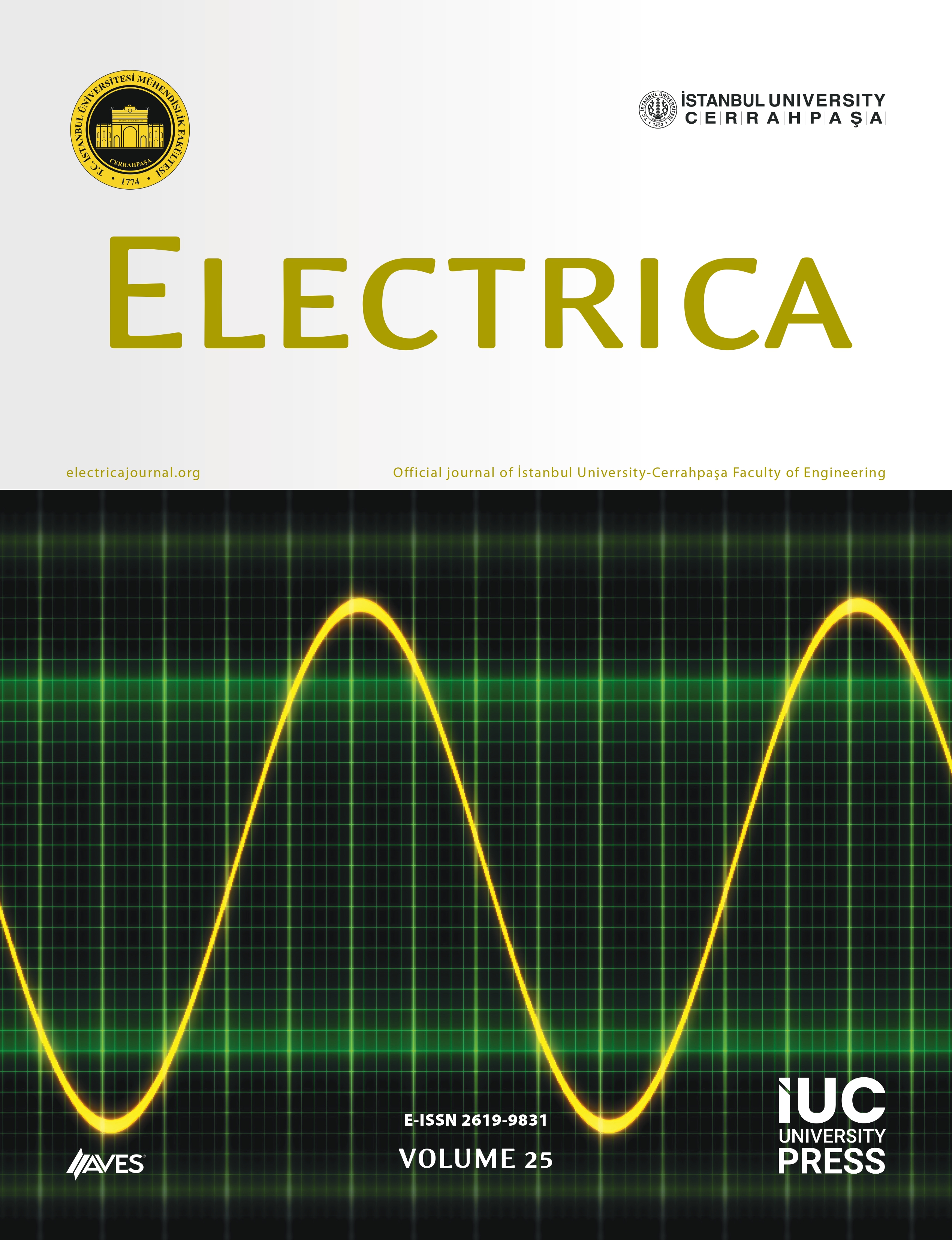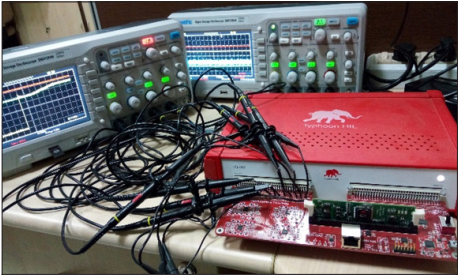This paper presents the estimation techniques for rotor speed ( ), rotor position ( ), and stator resistance ( ) for a Permanent-Magnet Synchronous-Motor (PMSM) drive. An online speed-/position- estimation technique is essential to make the drive mechanically robust and to increase its reliability. The instantaneous and steady state Fictitious Quantity (Y) is used to build a Model Reference Adaptive System (MRAS) as a basic structure for estimating and for a vector-controlled PMSM drive. MRAS models are constructed using reference voltages and actual currents in a rotor reference frame. This scheme involves less computation effort and simple expressions without any integration and differentiation terms. The Y-MRAS speed-estimation technique performs satisfactorily over a reactive power MRAS-based speed estimator under a slow zero crossing for the PMSM drive. However, this technique depends on stator resistance. The proper identification of (by YR-MRAS) gives information about the machine’s operating range and is also used in the online compensation for the Y-MRAS technique. The proposed methods are applicable to all types of PMSM machines and are verified for various speed and load variations. The viability and effectiveness of the estimation techniques are demonstrated via stability/sensitivity analyses, MATLAB software simulations, and Typhoon Hardware In-the-Loop (HIL) - 402.
Cite this article as: Badini, SS, Verma Vimlesh. MRAS-Based Speed and Parameter Estimation for a Vector-Controlled PMSM Drive. Electrica, 2020; 20(1): 28-40.



.png)

.png)
